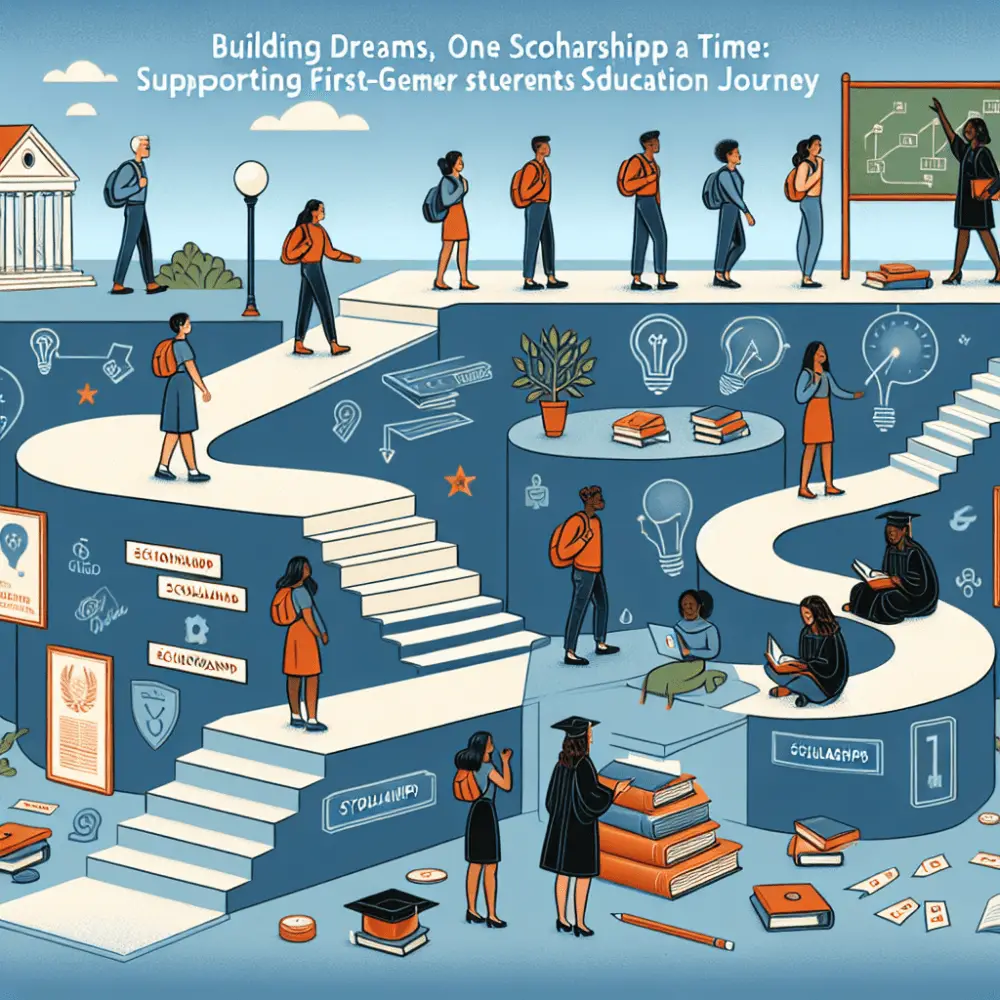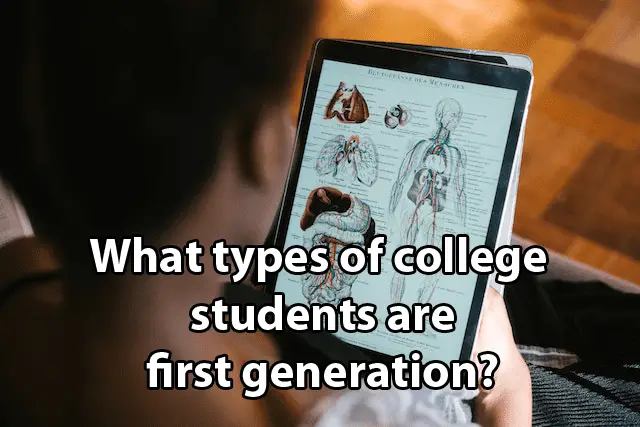
Introduction
Education is often regarded as the key to success, opening doors to new opportunities and brighter futures. However, for first-generation students, pursuing higher education can be a daunting and challenging journey. These students are often the first in their families to attend college or university, facing unique obstacles and financial burdens.
In this article, we will explore the importance of supporting first-generation students in their pursuit of higher education. We will discuss the impact of scholarships in providing crucial financial assistance and empowering these students to overcome barriers and achieve their dreams.
The Unique Challenges Faced by First-Generation Students
First-generation students are trailblazers in their families, breaking free from the cycle of limited access to higher education. However, they face numerous challenges that their peers from college-educated families may not encounter. These challenges include:
- Lack of guidance and support from family members who have not personally experienced the college application process.
- Financial constraints that make it difficult to afford tuition fees, textbooks, and other academic expenses.
- Feelings of isolation or imposter syndrome due to being surrounded by peers who come from more privileged backgrounds.
- Limited knowledge about available resources such as scholarship opportunities or mentorship programs.
- The need to balance work and family responsibilities while pursuing higher education.
The Power of Scholarships in Empowering First-Generation Students
Scholarships play a vital role in supporting first-generation students’ higher education journey by alleviating financial pressures and providing them with opportunities they may not otherwise have. Here are some ways in which scholarships empower these students:
- Financial Assistance: Scholarships provide financial aid to cover tuition fees, textbooks, and other educational expenses. This financial support allows first-generation students to focus on their studies without the burden of excessive student loan debt.
- Increased Access: Scholarships break down barriers by increasing access to higher education for students from low-income backgrounds. They ensure that financial limitations do not hinder deserving individuals from pursuing their dreams.
- Motivation and Confidence: Receiving a scholarship recognizes the hard work and potential of first-generation students, boosting their self-confidence and motivating them to continue striving for success.
- Mentorship Opportunities: Many scholarship programs offer mentorship opportunities, enabling first-generation students to connect with experienced professionals who can provide guidance and support throughout their academic journey.
- Professional Development: Some scholarships include internships or job placements as part of the program, allowing first-generation students to gain valuable experience and make connections in their chosen field of study.
Frequently Asked Questions (FAQ)
1. How can first-generation students find scholarship opportunities?
First-generation students can start by researching scholarship databases or websites specifically tailored to their needs. They should also reach out to their high school counselors, college financial aid offices, community organizations, and local businesses that may offer scholarships for first-gen students.
2. What are some resources available for first-generation college students?
There are several resources available for first-generation college students, including mentorship programs, academic support services, tutoring programs, career counseling centers, and financial aid offices. It is important for students to actively seek out these resources and utilize them to enhance their college experience.
3. How can individuals support first-generation students’ higher education aspirations?
Individuals can support first-generation students by mentoring them, sharing personal experiences and advice, spreading awareness about scholarship opportunities, donating to scholarship funds, or volunteering at organizations that assist these students in their educational journey. Small acts of encouragement and guidance can make a significant impact on these students’ lives.
4. Are scholarships only available for academic excellence?
No, scholarships are not limited to academic excellence. While some scholarships may prioritize academic achievements, there are also scholarships available based on financial need, leadership skills, community involvement, specific fields of study, or unique talents. It is essential for first-generation students to explore various scholarship opportunities that align with their strengths and aspirations.
5. Can first-generation students apply for multiple scholarships?
Absolutely! First-generation students should apply for as many scholarships as they are eligible for. It is encouraged to cast a wide net and take advantage of every opportunity available. Applying for multiple scholarships increases the chances of receiving financial support and diversifies the options available.
Conclusion
The journey towards higher education is often challenging for first-generation students. However, by providing financial assistance and support through scholarships, we can help these ambitious individuals turn their dreams into reality. By breaking down barriers and empowering first-gen students to pursue education beyond what was previously thought possible, we contribute to building a future where everyone has equal opportunities to succeed.


















